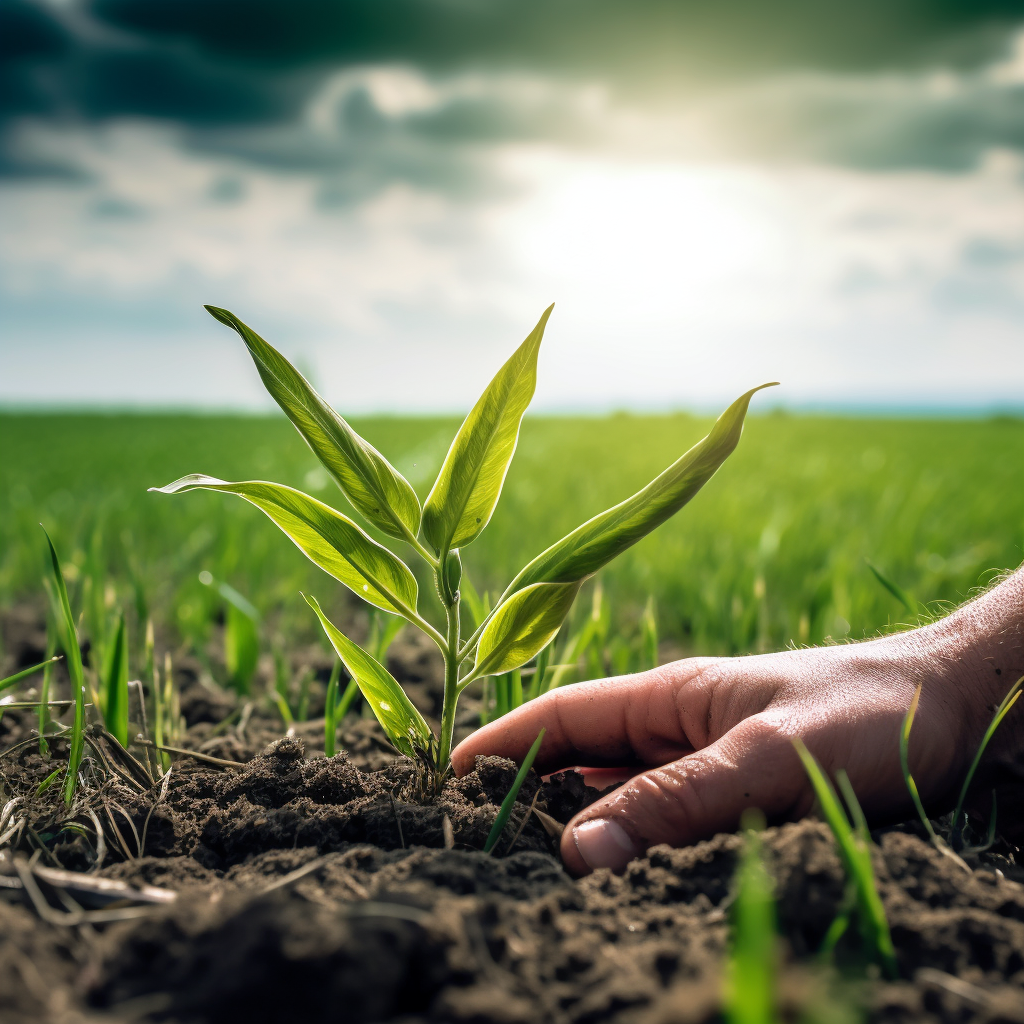December 29, 2023
Banking Habits and Agriculture – Impact on Climate Change
Book a Demo
Climate change continues to be a paramount concern for our global society, with a recent Project Drawdown report suggesting that even our banking habits can have a substantial impact on alleviating the issue – potentially more significant than following a vegan diet. The report underlines the importance of socially responsible investing as a method to control greenhouse gas emissions, demonstrating that our banking choices influence not only direct emissions but also indirect and financed emissions.
The report brings to light the surprising fact that banks’ financed emissions are over 700 times larger than the direct emissions they disclose in their annual reports. Moreover, only a mere 25% of financial institutions are transparent about these financed emissions. This revelation underscores the often invisible but substantial environmental footprint of our financial choices.
The study also discloses that only a small fraction, about 7%, of global banks’ funding from 2016 to 2022 was directed towards renewable initiatives. This striking figure emphasizes the critical role of individuals in driving change by consciously choosing banks that actively support the global energy transition.
While the report encourages other climate action efforts, it underscores the significant impact of selecting a climate-friendly bank. It even goes as far as providing resources to calculate this impact, enabling individuals to explore greener financial options consciously.
Climate change also significantly impacts cereal crops, affecting their yield and nutritional quality due to changes in temperature, precipitation patterns, and CO2 levels. To mitigate the adverse effects of climate change on cereal crops, strategies such as shifting planting calendars, improving crop varieties, and introducing climate change-compatible cultivators and management practices are recommended.
The substantial impact of climate change on agricultural production and food security emphasizes the need for climate-smart agricultural practices. These include agroforestry, conservation agriculture, sustainable water management techniques, and the implementation of microclimatic modifications.
The Project Drawdown report paints a clear picture of how our banking and agricultural choices significantly impact climate change. It invites us to consider the broader implications of our decisions, from selecting a climate-friendly bank to implementing climate-smart agricultural practices, reminding us that we all have a part to play in combating climate change.
Science4Data is committed to cut through greenwashing and measure real impact. Join the journey to a sustainable future. Your actions matter.



